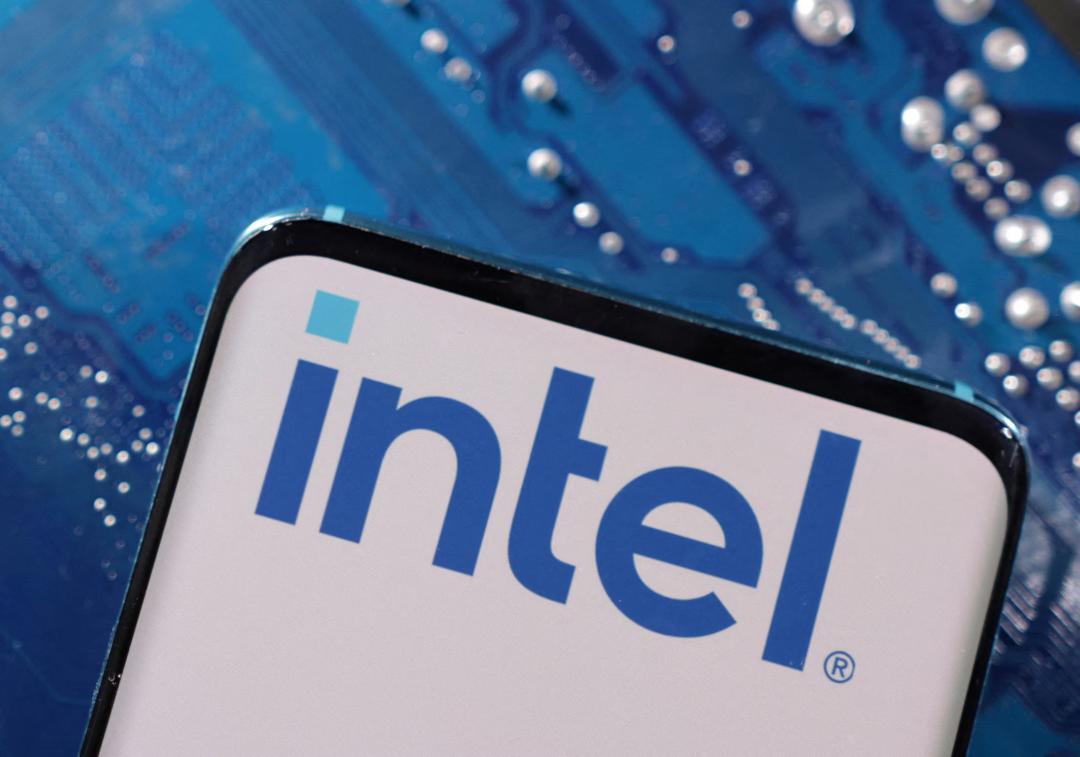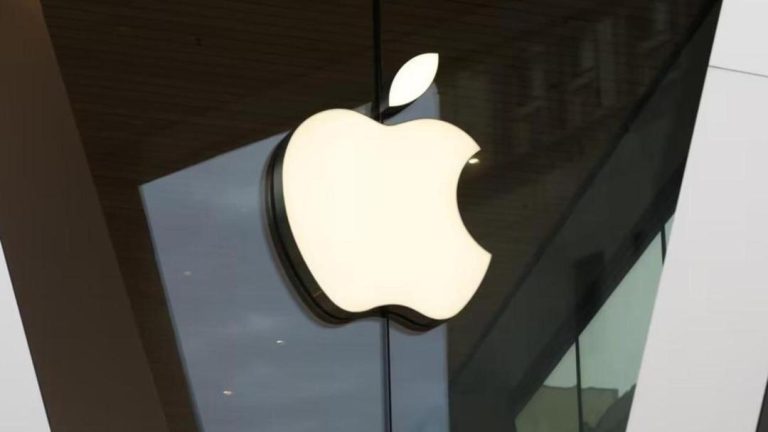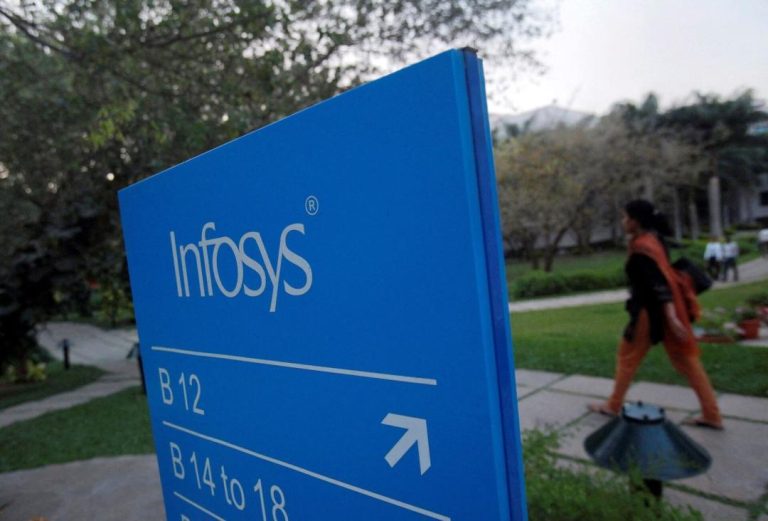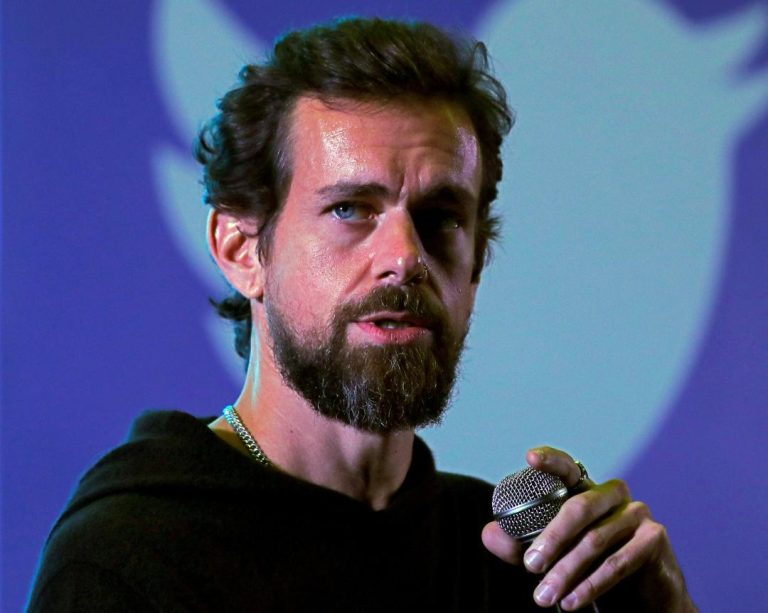
Intel to Lay Off 5,000 Employees in July
In a shocking move, Intel, one of the world’s largest chipmakers, has announced that it will be laying off over 5,000 employees across four states in the United States in July. This comes on the heels of Microsoft’s recent announcement of cutting 9,100 jobs, and leaves many in the tech industry wondering what’s behind these massive layoffs.
According to reports, Intel will be cutting jobs in California, Texas, Oregon, and Arizona, with the majority of the layoffs taking place in the US. In addition to the US layoffs, Intel will also be laying off hundreds of its employees in Israel.
Intel’s decision to cut thousands of jobs is part of its efforts to become “leaner, faster, and more efficient”, as the company’s CEO, Bob Swan, put it in a statement earlier this month. The layoffs are expected to take place in the coming weeks, with employees receiving severance packages and outplacement assistance.
The layoffs are a significant blow to Intel’s workforce, which has grown to over 110,000 employees worldwide. The company has been going through a period of restructuring in recent years, with a focus on shifting its focus towards artificial intelligence, autonomous driving, and other emerging technologies.
Intel’s decision to cut jobs comes at a time when the tech industry is facing a period of uncertainty and disruption. The COVID-19 pandemic has had a significant impact on the industry, with many companies struggling to adapt to the new normal. The layoffs are also a sign of a broader trend in the tech industry, with many companies re-evaluating their workforce and operations in response to the changing landscape.
Microsoft’s recent announcement of cutting 9,100 jobs is just the latest example of a major tech company making significant layoffs. The layoffs are a sign of a shift towards a more uncertain and unpredictable future, as companies navigate the challenges of a rapidly changing industry.
But what’s behind these layoffs? There are a number of factors at play, including the ongoing trade tensions between the US and China, the rise of artificial intelligence and automation, and the increasing competition in the tech industry.
Trade tensions between the US and China have had a significant impact on the global economy, and the tech industry is no exception. Many tech companies rely heavily on imports from China, and the ongoing trade tensions have made it more difficult for them to operate.
The rise of artificial intelligence and automation is also having a significant impact on the tech industry. As AI and automation become more prevalent, many jobs that were previously done by humans are being taken over by machines. This has led to a shift towards more specialized and high-skilled jobs, as companies seek to take advantage of the benefits of AI and automation.
Finally, the increasing competition in the tech industry is also a factor. With so many companies vying for market share, it’s becoming increasingly difficult for companies to stand out and differentiate themselves. This has led to a focus on cost-cutting and efficiency, as companies seek to reduce their expenses and increase their competitiveness.
In conclusion, Intel’s decision to lay off 5,000 employees is a significant blow to the tech industry, and is part of a broader trend of layoffs and restructuring in the industry. The layoffs are a sign of the challenges that companies are facing in the rapidly changing tech landscape, and will likely have a significant impact on the industry in the coming months and years.
Source:






